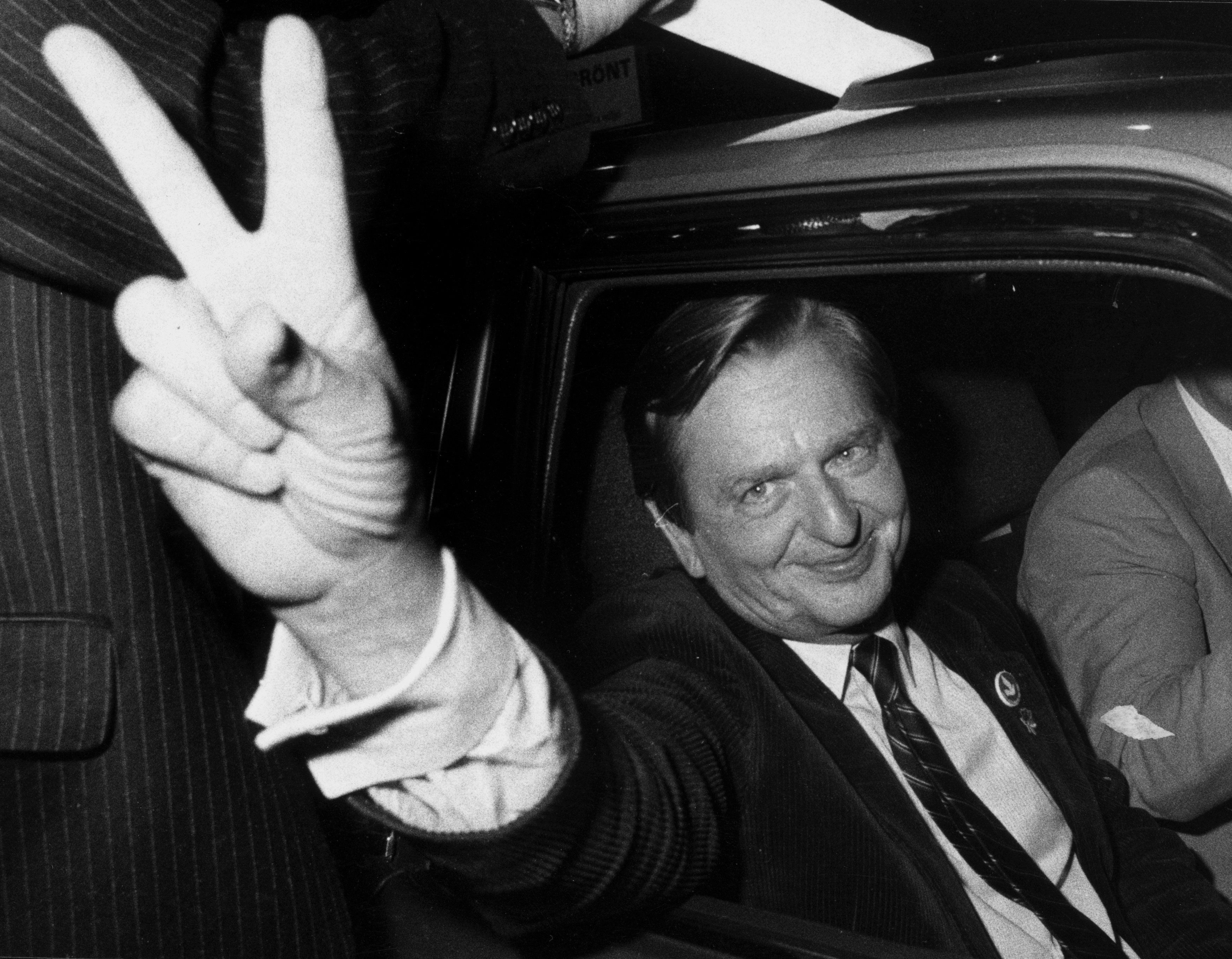Hard Numbers: Swedish assassination solved, COVID's US hotspots, Hong Kong arrests, global gas takes a hit
34: In February 1986, Swedish prime minister Olof Palme, a towering figure in the country's postwar politics, was shot dead in central Stockholm. Now, 34 years later, police say they know who did it: a struggling graphic designer named Stig Engstrom. Because Engstrom died, possibly by suicide, in 2000, the case has now been closed.
53: Police in Hong Kong arrested 53 people during pro-democracy protests on Tuesday. Hundreds of people had taken to the streets in anger at Beijing's new security law. See our interview on the "end of democracy in Hong Kong" with pro-democracy lawmaker Dennis Kwok.
20: All 50 states of the US are now slowly emerging from coronavirus-related restrictions, 20 states are reporting a rising number of cases, according to Johns Hopkins University data. As the infection rate abates in the early epicenters of the northeast, cases are rising elsewhere. Arizona, Arkansas, Michigan, and South Carolina are being hit especially hard.
4: An unusually mild winter, coupled with worldwide coronavirus-related economic shutdowns, have cratered global demand for natural gas in recent months. The International Energy Agency now says consumption of the stuff will fall by 4 percent this year, the largest annual drop in history.
